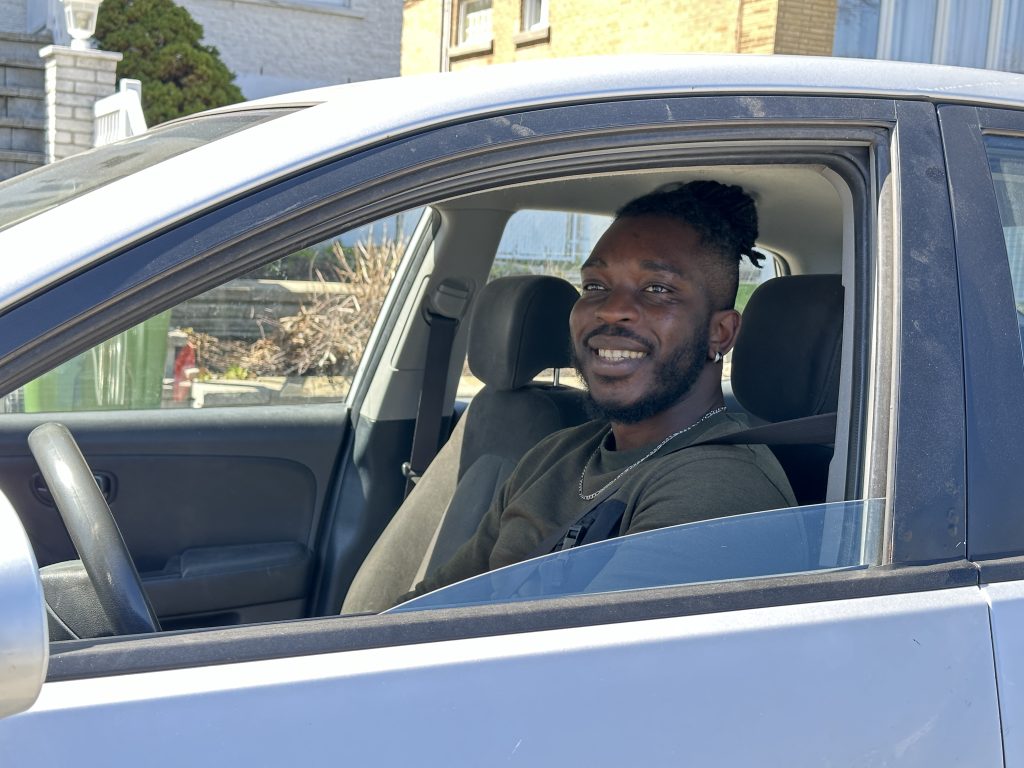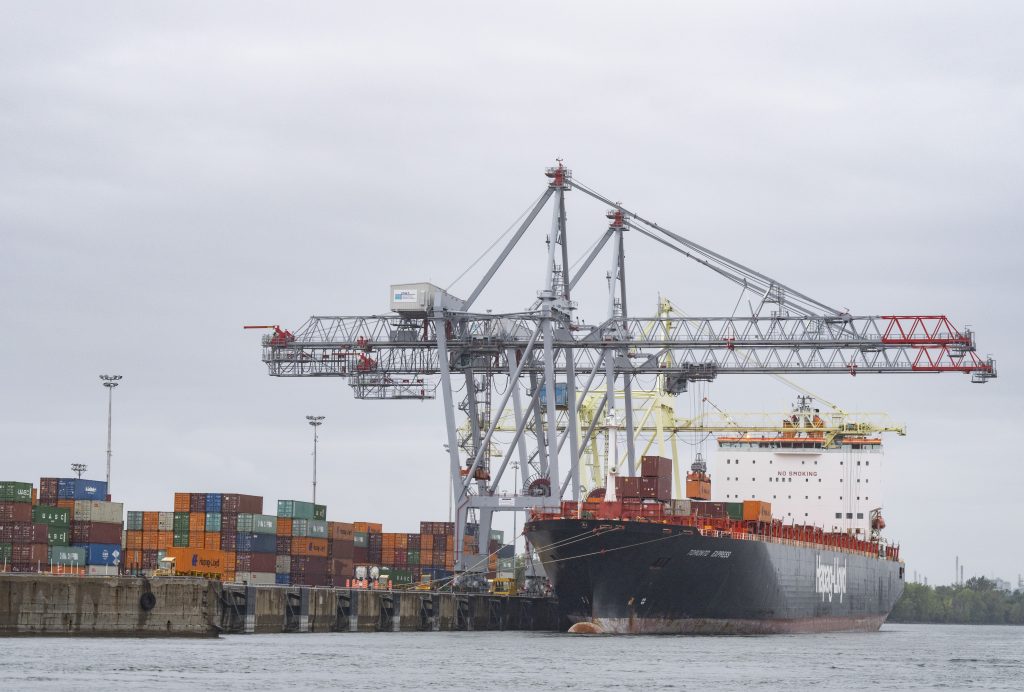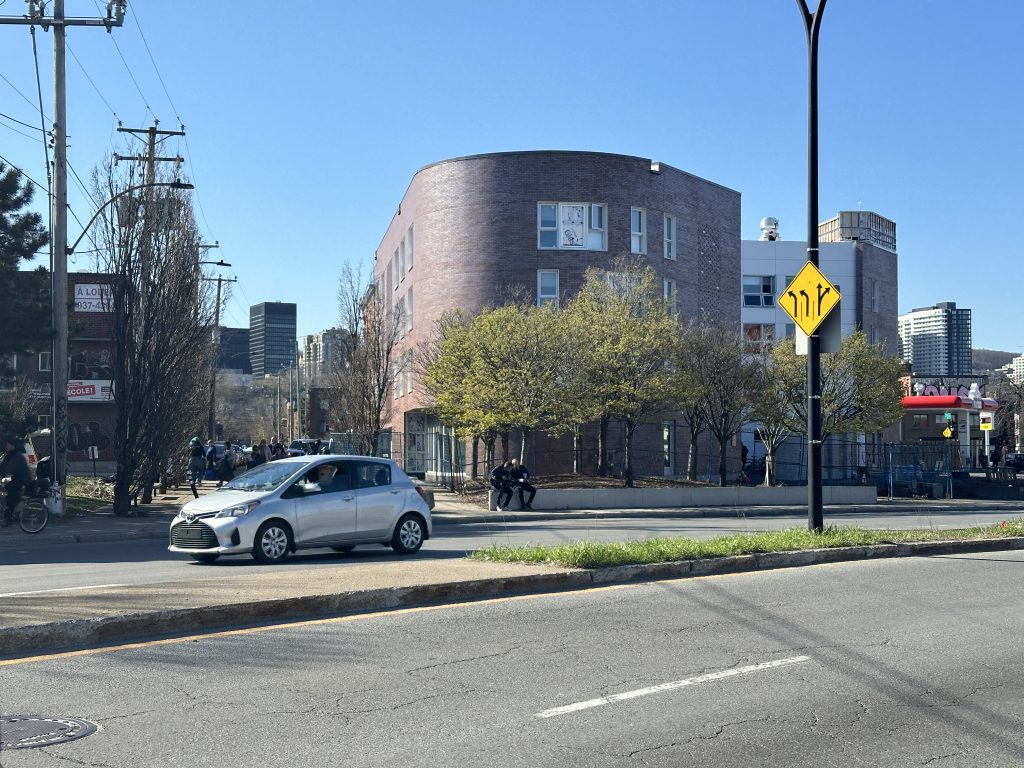Indigenous police forces in Quebec filing complaint against Public Safety Canada with Human Rights Commission
Posted October 30, 2023 11:10 am.
Last Updated November 5, 2023 5:27 pm.
The 22 Indigenous police forces in the Quebec are joining forces and filing a complaint against Public Safety Canada with the Canadian Human Rights Commission for what they call “the persistent underfunding of Indigenous police forces.”
“Why do we have to work in those conditions? Why? Because of who we are? And that’s why we’re here today,” said Shawn Dulude, the president of the Quebec Association of First Nation and Inuit Police Directors (QAFNIPD).
“I won’t go into funding numbers, but what I could tell you is if you compare a First Nation police officer in the province of Quebec compared to First Nations police officer in Ontario, there’s a big discrepancy.
“We’re looking at 30, 35, 40 per cent less salary than an equivalent in the province of Ontario.”
Dulude emphasized that lower wages make it difficult to retain police officers. He also said that Quebec is lacking about 200 personnel within the 22 Indigenous police forces, and that they have a significant need for infrastructure such as more vehicles and safety equipment.
“Everything that a police officer needs on a daily patrol shift, that’s what’s missing,” said Dulude. “Sometimes officers are working with bulletproof vests that are five years expired, 10 years expired, doesn’t make sense. That would never be accepted by the provincial police or the Montreal police or any other police department. It would be ‘no.’ There’d be a walkout, there’d be a strike, something would happen.”
The complaint to the Canadian Human Rights Commission was filed on Monday, and the hope is that it will eventually lead to significant increases in funding.
“It is a complaint, but once accepted, it can be brought in front of the human rights tribunal and then the tribunal has many powers to stop discrimination first and then maybe order some indemnity for the association, for the members of the different communities.” said Benoît Amyot, an attorney representing the QAFNIPD.
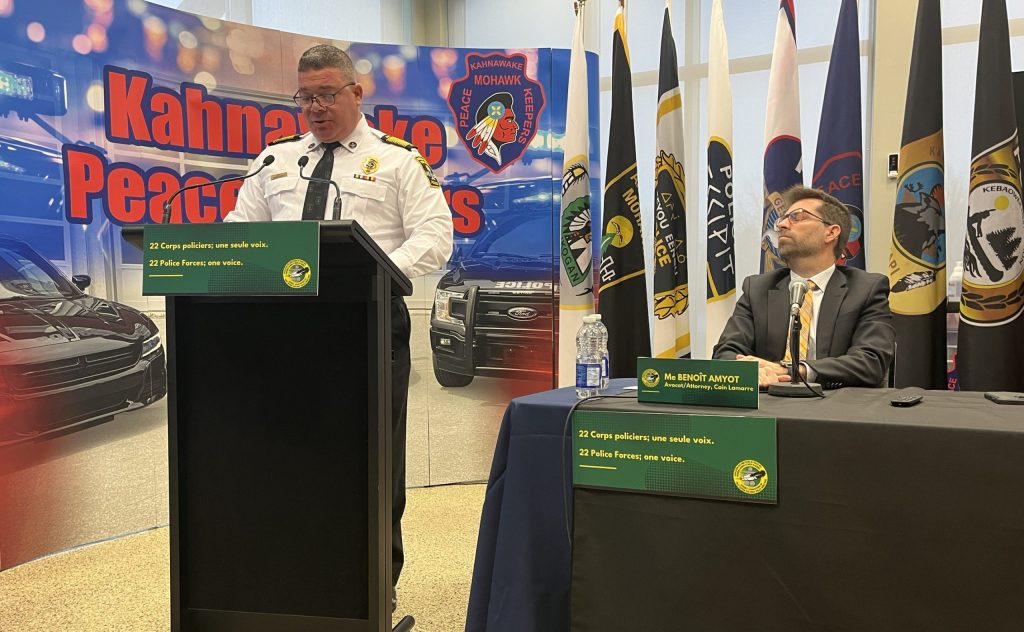
The QAFNIPD say that their legal action, “aims to ensure that the rights of all Indigenous communities are respected in accordance with the federal government’s obligations to provide appropriate and adequate services to meet the needs of Indigenous communities.”
“When you’re spread thin and you have different obstacles that, you know, hinder you to be able to provide adequate or supplemental policing to help shake that down and break the circle of criminality, that’s what we’re faced with,” said Dulude. “So basically, they ask us to do a lot more with a lot less, but still expect the same outcomes and results.”
According to agreements with Public Safety Canada, the QAFNIPD explain their members are supposed to provide basic services equivalent to those offered to any population across Quebec and Canada. “Unfortunately, current funding and conditions do not allow them to reach that level. Essentially, our police forces are asked to perform as effectively as their counterparts with a half empty toolbox.”
They explain that “the underfunding of our police forces is not just an Indigenous issue, but a matter that concerns the entire Canadian society. When our communities are inadequately served, it compromises the security of the entire country; it results in a higher crime rate that spills over into neighbouring regions; it imposes a social and economic cost that is significantly higher than adequately funding our police forces.”
They say that despite the obstacles and the daily pressures their police forces face, they continue to be “innovative, proud, and ready to further expand.”
“We cannot continue to tolerate a situation where some of our fellow citizens are left in dangerous conditions simply because of their Indigenous identity. In doing so, we are taking the legal path. It is time for things to change, and it starts today.”
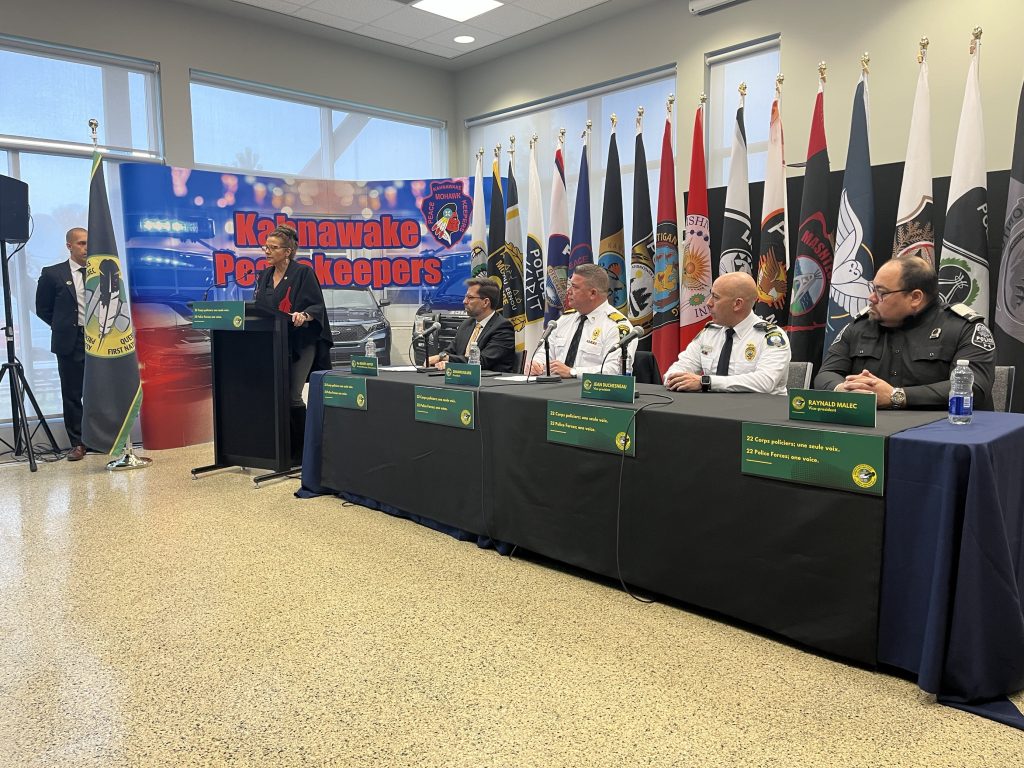
They are demanding that:
- The Canadian government implement transitional measures to regularize the staffing of their police forces and offer competitive working conditions;
- The federal government honour its human rights commitments and provide adequate funding to Indigenous police forces so they can fulfill their mission of protection and service to their communities.
In a statement to CityNews, Public Safety Canada pointed to previously announced investments supporting Indigenous communities currently served under First Nations and Inuit Policing Program (FNIPP) — $540.3 million over five years and $126.8 million ongoing.
“The Government of Canada is working with Indigenous communities and with the governments of the relevant jurisdiction, including the Government of Quebec, to make investments,” a PSC spokesperson said. “Under the FNIPP, the costs are shared between the provinces and territories (48%) and the federal government (52%). The terms and conditions of the FNIPP do not allow the federal government to invest unilaterally, nor can the federal government surpass 52% of the funding.
“As the administration of justice, including policing, is a matter of provincial/territorial jurisdiction, First Nations and Inuit police services are established and operate in accordance with the relevant provincial police legislation, regulations and decision-making – including with respect to the level of funding for each police service.”
Public Safety Canada says the federal government is committed to improving policing services in First Nations communities.
“To that end, we are working on legislation which will recognize First Nations police services as an essential service and establish predictable, stable funding,” the spokesperson said.
“Public Safety Canada will continue to pursue options for appropriate funding supports for Indigenous police forces with the Government of Quebec and with Indigenous leaders, respecting the Government of Canada’s obligations under treaties and self-government agreements and the province’s jurisdiction over policing.”
